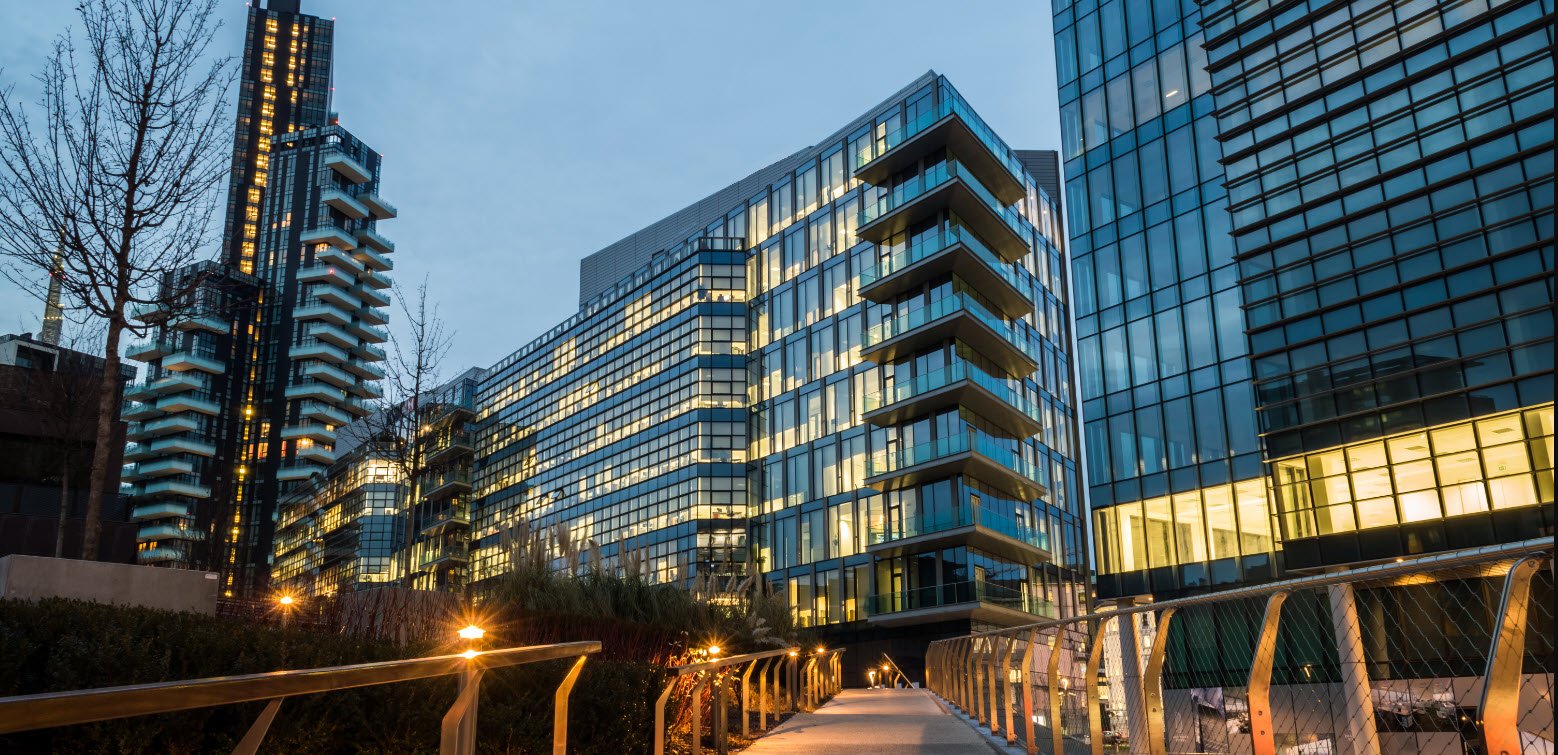In brief
“Semplificazioni” Decree-bis (Law Decree No. 77 of 31 May 2021 (“Decree“)) was converted into Law No. 108 of 29 July 2021.
Upon conversion into law, the text of the Decree was subject to further amendments and adjustments (in comparison to the text we referred to in our client alert published in June 2021 (available through this link)). The most significant changes regarding public contracts, environment, renewable energy, town planning and construction, and administrative procedures are set forth below.
Contents
- Public contracts
- Environment
- Renewable energy
- Town planning and construction
- Administrative proceedings
Public contracts
Upon conversion into law, the Decree was amended to introduce provisions granting reward measures for small and medium enterprises (SMEs) participating in public tender procedures concerning investments financed by the National Recovery and Resilience Plan (NRRP). In addition, all the simplification measures applicable to public tender procedures for awarding contracts financed by the NRRP have been confirmed. These include the possibility of resorting to the negotiated procedure without prior publication of a call for tenders when recourse to ordinary procedures might compromise the achievement of the objectives or compliance with the implementation times set out in the NRRP; the possibility of resorting to the so called “integrated procurement” (i.e., the joint award of design and execution of works); and the awarding of a bonus score for the use of building information modelling (BIM) in the preconstruction design and build phase.
A relevant provision, which was introduced upon conversion of the Decree, concerns the greater difficulty in obtaining the suspension of the execution of the public contract in case an appeal is filed before the regional administrative courts. The Decree provides that in case of administrative disputes, the works awarded by public tender and related to the NRRP implementation, in principle, will not be interrupted pending the final decision on the merit. Moreover, also in case the appeal is successful, the economic operator is entitled to receive only economic compensation (i.e., the contract remains effective).
As to subcontracts, all relevant provisions have been confirmed. In particular, the Decree establishes that until 31 October 2021, subcontracting is allowed if it is within 50% of the value of the works, service or supply contract. From 1 November 2021, no quantitative limit on subcontracting will be applicable, but the contracting authority will specify which services or works cannot be subcontracted and the main contractor and the subcontractor will be jointly and severally liable toward the contracting authority for the performance of the contract.
Environment
The provisions of the Decree providing amendments to the Environmental Impact Assessment (EIA) regime have been mostly confirmed.
In particular, for projects related to the NRRP and the National Plan for Energy and Climate, the Decree provides for the establishment of a special technical commission for carrying out an expedited EIA procedure. In addition, a more simplified EIA procedure has been established for project worth more than EUR 5 million, for projects expiring within 12 months and for those already authorized. In general, the Decree provides for an overall acceleration and simplification of the EIA procedures (including those of regional competence).
Renewable energy
The most relevant changes on renewable energy provided by the Decree after its conversion into law concern: (i) agri-voltaic plants adopting innovative solutions, which can now access public incentives if implementing monitoring systems that allow to verify the impact on crops, water savings, agricultural productivity and the continuity of the activities of farms concerned; (ii) biogas and bio-methane plants with an electricity capacity not greater than 300 kilowatts, which can now access the incentive regime set out by the Ministerial Decree of 23 June 2016; (iii) renewable sources plants, whose intervention and construction works are subject to a more simplified regime; and (iv) hydroelectric plants with a capacity not greater than 500 kilowatts, which are now subject to the free-building (edilizia libera) regime.
Town planning and construction
Upon conversion into law, the Decree has provided for some amendments to the 110% Superbonus deduction discipline, by establishing, among others, that merely formal violations of such dispositions do not entail the forfeiture of the tax benefits and that, if the violations detected are relevant for the purposes of the disbursement of the incentives, the forfeiture of the benefit is limited to the single intervention subject to the irregularity or omission.
Administrative proceedings
Through conversion into law, the provisions concerning the administrative proceedings law provided by the Decree have been fully confirmed. These provisions concern: (i) the substitution power (potere sostitutivo) that can also be triggered ex officio in case of inertia of the public administration; (ii) the tacit consent (silenzio assenso) discipline (i.e., confirmation of the tacit authorization can be requested from the authority for the benefit of legal certainty); and (iii) the time frame in which the administration may proceed with the cancellation of an illegitimate act (reduced by the Decree to 12 months).



